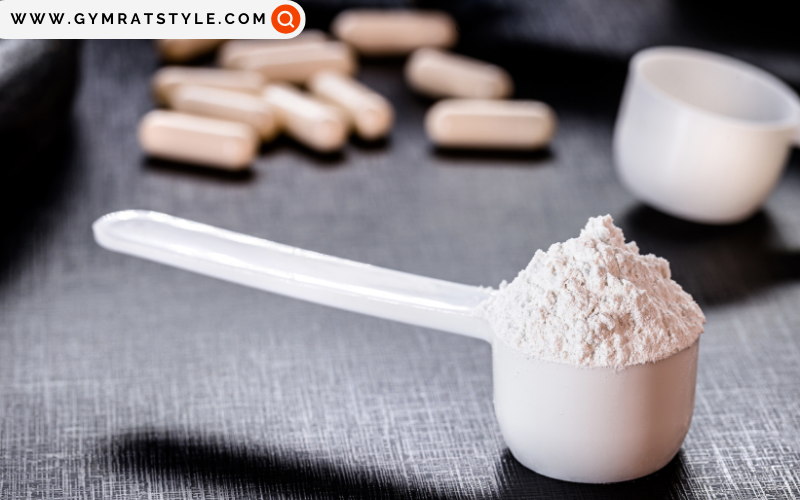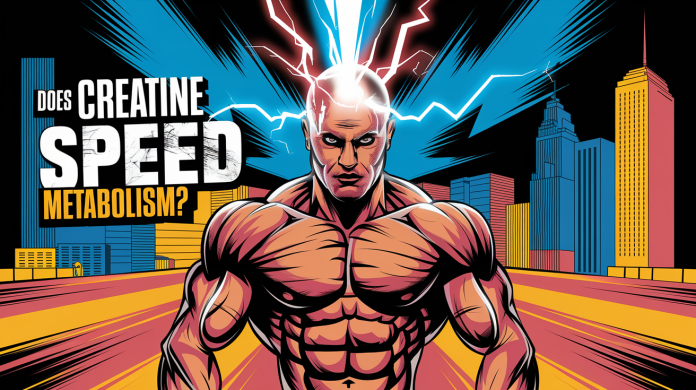Have you ever wondered if “Does Creatine Speed Metabolism?” You might be surprised to learn that creatine isn’t just for boosting physical performance—it also plays an essential role in energy metabolism in the body.
In this article, we’ll explore how creatine impacts metabolism, particularly focusing on muscle function and cognitive processes.
Does Creatine Affect Metabolism?
While creatine is often associated with muscle growth and energy production during exercise, it also has a significant impact on metabolic processes. Studies show that creatine supplementation can improve muscle metabolism, specifically by enhancing the energy stores within muscle cells. This is particularly helpful during short bursts of intense physical activity, as it provides muscles with quick, available energy.
But does creatine actually speed up metabolism overall?
The Role of Creatine in Muscle Metabolism
Creatine plays a vital role in helping muscles produce energy during high-intensity activity. By increasing the levels of phosphocreatine (PCr) in muscles, creatine allows for more efficient ATP (adenosine triphosphate) production, the primary energy source for cells. This can lead to enhanced performance in activities that require quick bursts of energy, like sprinting or lifting weights.
Research has shown that creatine supplementation can boost skeletal muscle performance by improving its energy production, which is crucial for tasks that demand quick, explosive movements.
Creatine and Brain Function
Creatine isn’t only beneficial for muscles. It also plays an essential role in brain function, where it helps regulate energy metabolism. Creatine supplementation has been linked to improved cognitive function, particularly in tasks that require memory, attention, and processing speed. For those who struggle with cognitive fatigue, creatine might offer a boost to mental performance by supporting brain metabolism.

Can Creatine Help with Weight Loss?
You might be wondering if creatine could contribute to fat loss by boosting metabolism. While creatine itself doesn’t directly promote fat burning, it can support more intense exercise, which can, in turn, help with fat loss. By increasing muscle mass and improving exercise performance, creatine might indirectly support a higher metabolic rate during workouts.
So, Does creatine speed metabolism? The answer isn’t straightforward. While creatine can enhance energy production within muscles, contributing to improved performance and efficiency, it doesn’t directly “speed up” metabolism in the sense of increasing your resting metabolic rate. However, its ability to enhance exercise performance and support muscle growth may indirectly support a more active metabolism overall.
References
- “Creatine metabolism and psychiatric disorders: Does creatine supplementation have therapeutic value?” – ScienceDirect .
- “Does dietary creatine supplementation play a role in skeletal muscle metabolism and performance?” – ScienceDirect .
- “Effectiveness of Creatine in Metabolic Performance: A Systematic Review and Meta-Analysis” – PMC .
Discover a wealth of information on our blog, where we delve into the world of sports life, provide comprehensive guides on exercises, share delicious and nutritious fit recipes, and explore the intricacies of muscle anatomy. Whether you’re a fitness enthusiast or just starting your journey, our blog offers valuable insights and tips to help you achieve your health and fitness goals.
Thanks for reading. Stay healthy and stay fit!



